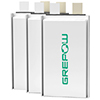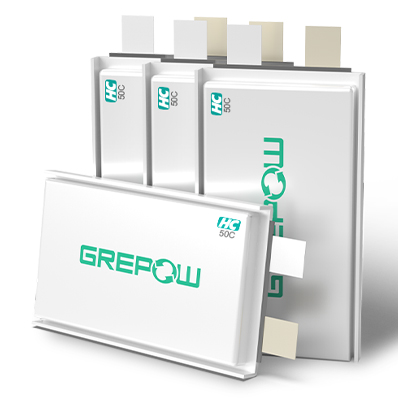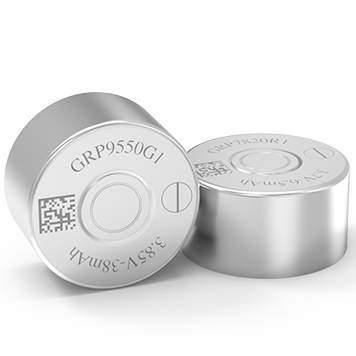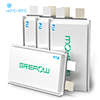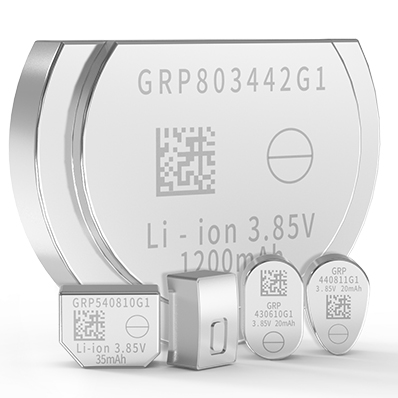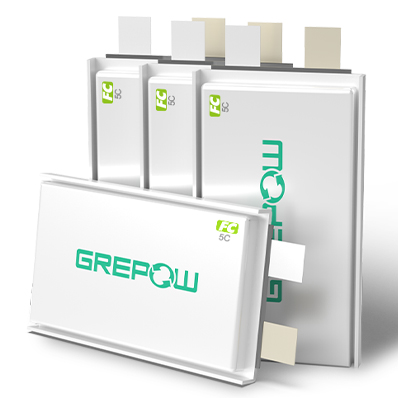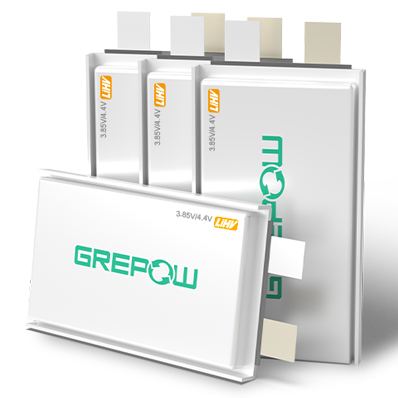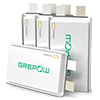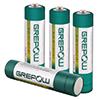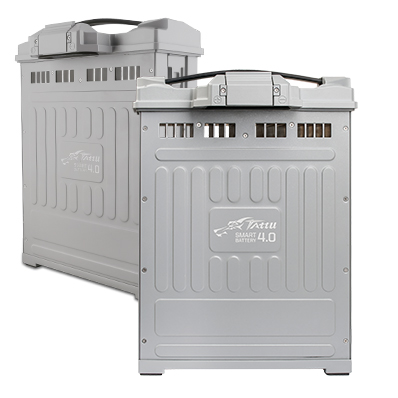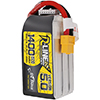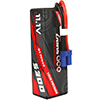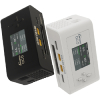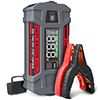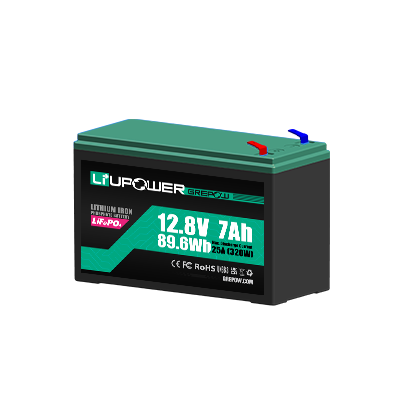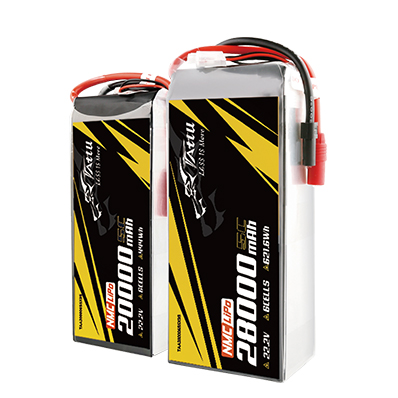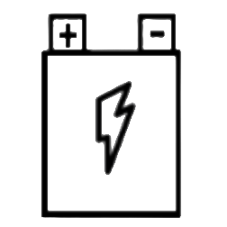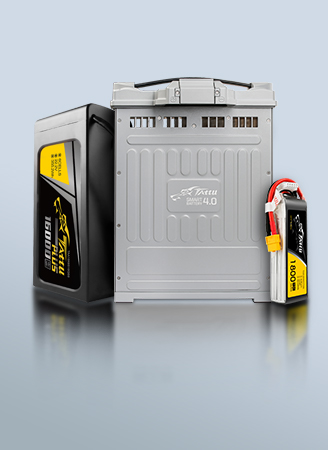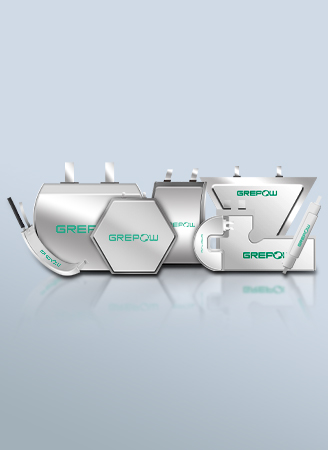Drone Delivery: The Future of Last Mile Delivery
There have been some exciting announcements in the world of drone deliveries lately. The announcements come more from the FAA than from the tech companies, as there have finally been drone deliveries in the United States.
Is this the beginning of crowded skies delivering our food, drone parts and new socks, or is this just a fad? You and I know drone deliveries can be a sustainable technology, and obviously companies like Amazon, Google and USPS think the same.
The pros and cons of drone delivery are worth our attention.
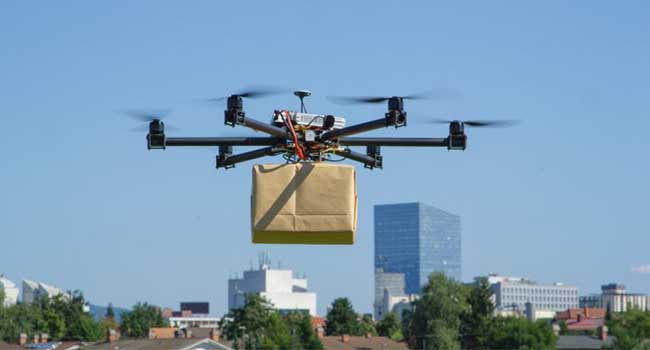
What is Drone Delivery?
Delivery drones are unmanned aerial vehicles (UAVs) that can deliver lightweight packages. Drones generally use 4-8 propellers and rechargeable batteries to provide thrust and attach packages underneath the body of the drone.
Delivery drones are operated autonomously or remotely with operators potentially overseeing multiple drones at once. Delivery drones are used for medical goods, food, retail, or even deliveries that can be difficult to achieve through more traditional vehicle-based services.
Possible benefits of drone delivery
The purpose of a delivery drone is to provide services for delivering objects or commodities rapidly and in hard-to-reach or out-of-the-way locations. They can deliver products quickly to virtually any location.
Drone delivery companies can save money on shipping costs, which would in turn reduce costs for consumers. Furthermore, a drone would not add to roadway congestion due to less vehicle miles traveled (VMT), and there would be improved safety for the driver of the vehicle.
Consumers would also receive their packages far more quickly and reliably, which would build consumer trust and encourage repeat purchasing.
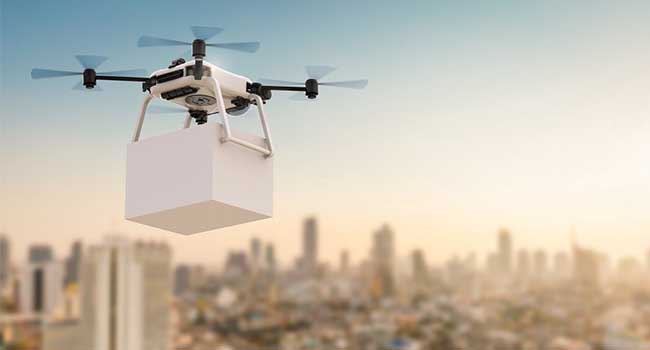
Possible Limitations of drone delivery:
Drone Battery Life
One of the limiting factors for drone delivery has been UAV battery life. High-quality drones usually can stay in the air for about 30 minutes, and the longer a drone has to recharge, the less packages a fleet can deliver.
Expenses
The cost of adding delivery drones to a company’s services requires a significant investment in the infrastructure of the organization. That’s why there are only a few large businesses that consider using this technology at present. The average price of a drone that can accurately make a delivery can be up to $500.
Privacy risk
Streaming videos to headquarters would allow supervisors to know if a delivery was successfully completed. This technology could help to lessen the risk of theft in the future as well, but there are privacy concerns as drones would likely use GPS and cameras to find homes and deliver packages.
Uncertainty
Irregular and/or unpredictable events, such as weather, wildlife, or vandalism/sabotage, could bring down a drone during a delivery, which could potentially become a safety hazard for those on the ground and/or adversely impact the reliability of drones.
Others
Limited payloads prevent heavier or larger items from being delivered via drone, and designated drop-off locations may become difficult to determine in dense, urban areas.
These are all factors that need to be considered when operating drones for delivery.
Conclusion
It's just a matter of time until drones have the potential to eliminate the challenges people face every day. Drone delivery is inevitable: when regulations loosen up and the infrastructure is in place, we should expect to see drone deliveries for a variety of purposes. Drones could enable a step change in the availability of everyday items. Grepow offers a full range of delivery drone batteries to meet the various payload requirements of delivery drones.
You may also like:
1. What are the Possibilities of UAV Drones?
More information please email us: info@grepow.com
Related Articles
-
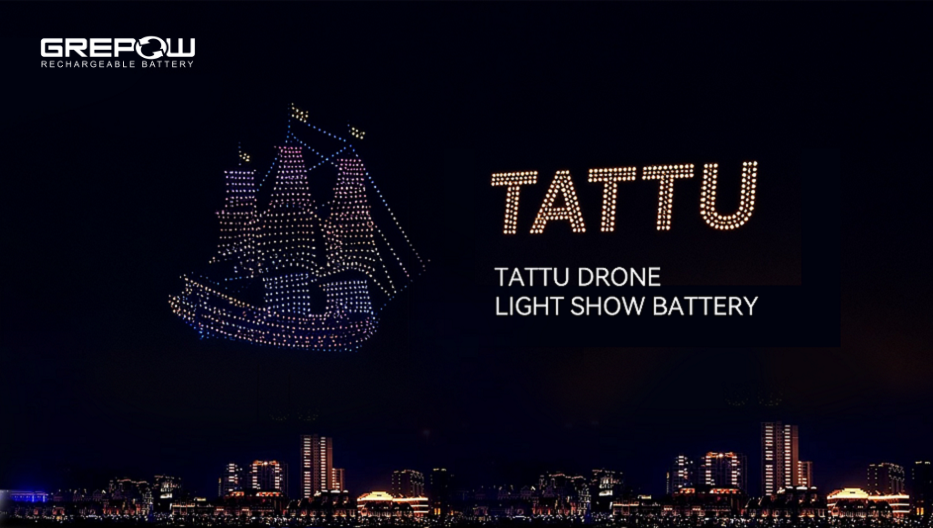
Powering Aerial Artistry: Grepow Battery Solutions Behind Drone Light Shows
2025-10-27 -

Vatican Drone Show: Where Technology Meets Faith
2025-09-15 -
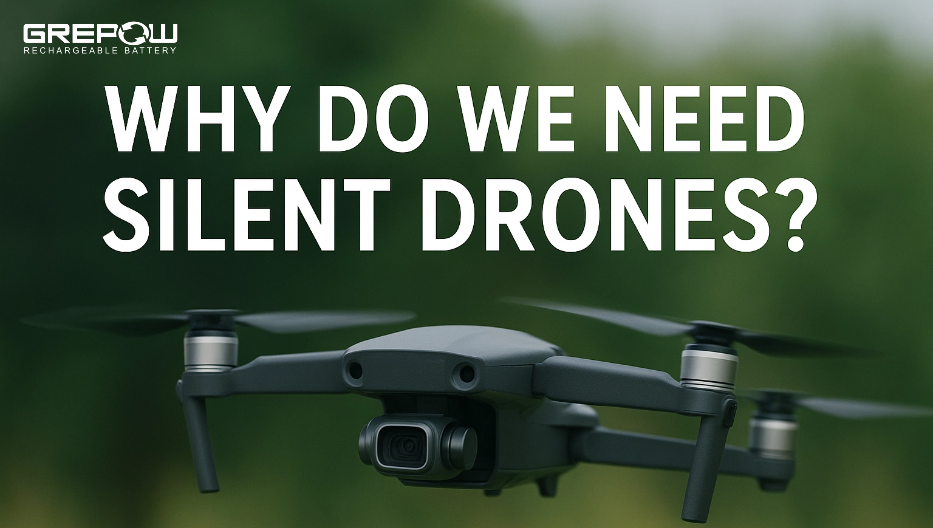
Why Do We Need Silent Drones?
2025-09-02
Related products
-
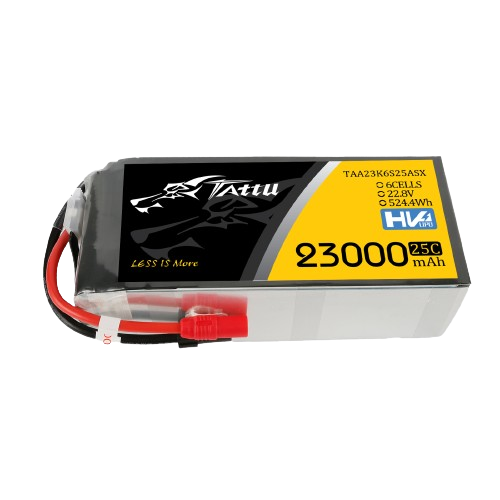
Tattu 23000mAh 6S 22.8V 25C LiHv Pouch Cell UAV Battery
-
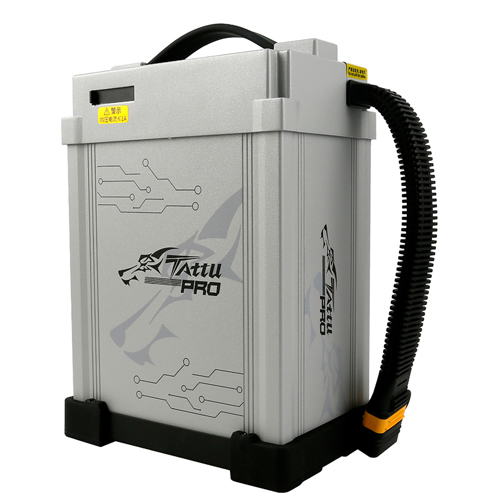
Tattu Pro 14S Lipo 22000mAh 51.8V Smart UAV Drone Battery Pack

